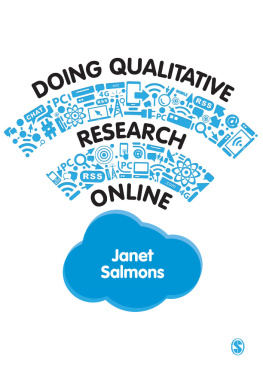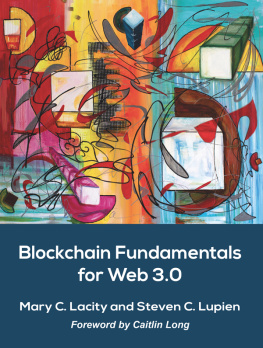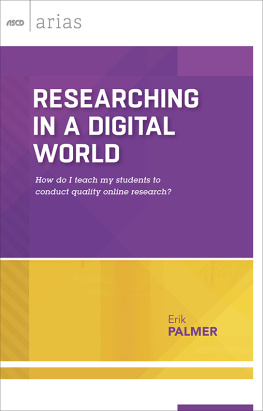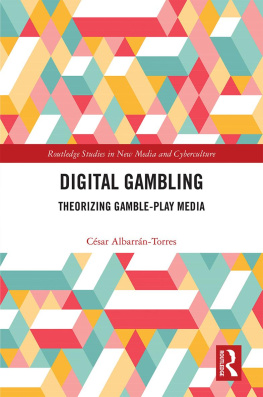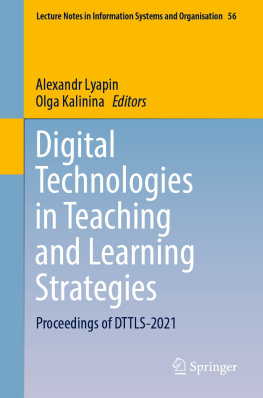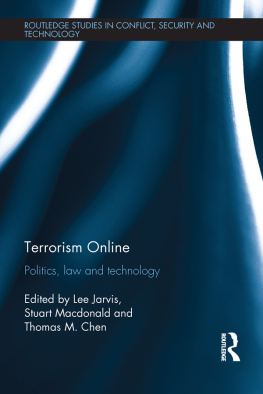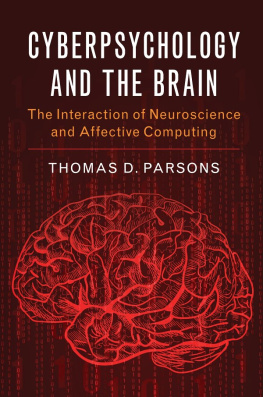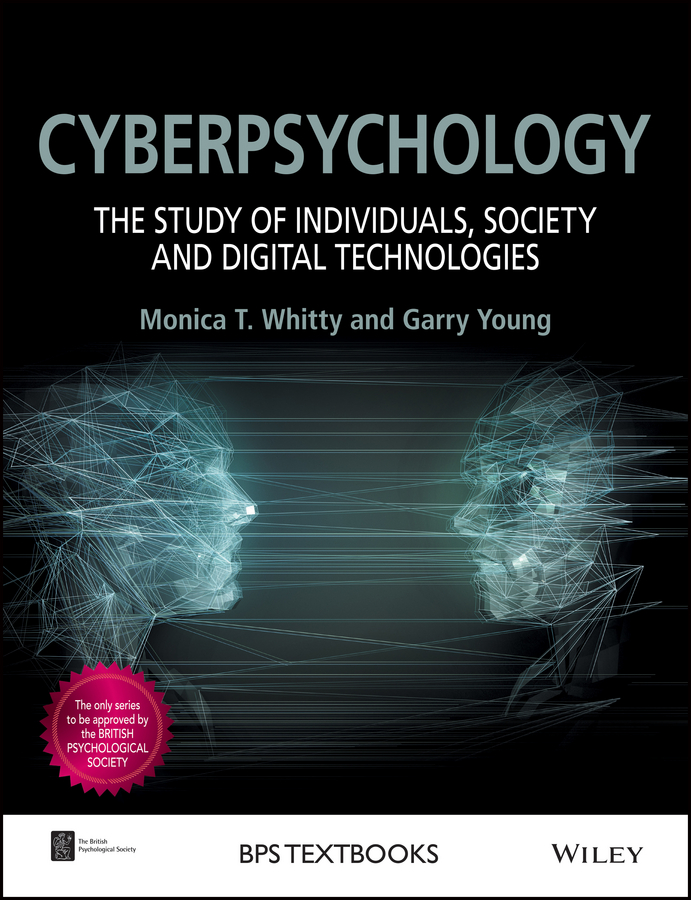
Table of Contents
List of Tables
- Chapter 07
- Chapter 11
- Chapter 12
List of Illustrations
- Chapter 08
- Chapter 10
- Chapter 12
Guide
Pages
BPS Textbooks in Psychology
BPS Wiley presents a comprehensive and authoritative series covering everything a student needs in order to complete an undergraduate degree in psychology. Refreshingly written to consider more than North American research, this series is the first to give a truly international perspective. Written by the very best names in the field, the series offers an extensive range of titles from introductory level through to final year optional modules, and every text fully complies with the BPS syllabus in the topic. No other series bears the BPS seal of approval!
Many of the books are supported by a companion website, featuring additional resource materials for both instructors and students, designed to encourage critical thinking, and providing for all your course lecturing and testing needs.
For other titles in this series, please go to http://psychsource.bps.org.uk.
Cyberpsychology
The Study of Individuals, Society and Digital Technologies
MONICA THERESE WHITTY
UNIVERSITY OF WARWICK, UK
GARRY YOUNG
NOTTINGHAM TRENT UNIVERSITY, UK
This edition first published 2017 by the British Psychological Society and John Wiley & Sons, Ltd.
2017 John Wiley & Sons, Ltd.
Registered Office
John Wiley & Sons, Ltd, The Atrium, Southern Gate, Chichester, West Sussex, PO19 8SQ, UK
Editorial Offices
350 Main Street, Malden, MA 021485020, USA
9600 Garsington Road, Oxford, OX4 2DQ, UK
The Atrium, Southern Gate, Chichester, West Sussex, PO19 8SQ, UK
For details of our global editorial offices, for customer services, and for information about how to apply for permission to reuse the copyright material in this book please see our website at www.wiley.com/wileyblackwell.
The right of Monica Therese Whitty and Garry Young to be identified as the authors of this work has been asserted in accordance with the UK Copyright, Designs and Patents Act 1988.
All rights reserved. No part of this publication may be reproduced, stored in a retrieval system, or transmitted, in any form or by any means, electronic, mechanical, photocopying, recording or otherwise, except as permitted by the UK Copyright, Designs and Patents Act 1988, without the prior permission of the publisher.
Wiley also publishes its books in a variety of electronic formats. Some content that appears in print may not be available in electronic books.
Designations used by companies to distinguish their products are often claimed as trademarks. All brand names and product names used in this book are trade names, service marks, trademarks or registered trademarks of their respective owners. The publisher is not associated with any product or vendor mentioned in this book.
Limit of Liability/Disclaimer of Warranty: While the publisher and authors have used their best efforts in preparing this book, they make no representations or warranties with respect to the accuracy or completeness of the contents of this book and specifically disclaim any implied warranties of merchantability or fitness for a particular purpose. It is sold on the understanding that the publisher is not engaged in rendering professional services and neither the publisher nor the author shall be liable for damages arising herefrom. If professional advice or other expert assistance is required, the services of a competent professional should be sought.
Library of Congress CataloginginPublication Data
Names: Whitty, Monica Therese, 1969 author. | Young, Garry, 1966 author.
Title: Cyberpsychology : the study of individuals, society and digital technologies / Monica Whitty, Garry Young.
Description: Hoboken : Wiley, 2017. | Includes bibliographical references and index.
Identifiers: LCCN 2016014408| ISBN 9780470975626 (pbk.) | ISBN 9781118321126 (epub)
Subjects: LCSH: Internet usersPsychology. | InternetPsychological aspects. | InternetSocial aspects. | Virtual realityMoral and ethical aspects. | CyberspacePsychological aspects. | Computer crimes.
Classification: LCC HM851 .W4556 2016 | DDC 302.23/1dc23
LC record available at https://lccn.loc.gov/2016014408
A catalogue record for this book is available from the British Library.
Cover image: Mina De La O / Gettyimages
The British Psychological Societys free Research Digest email service rounds up the latest research and relates it to your syllabus in a userfriendly way. To subscribe go to .
List of Tables, Figures and Boxes
TABLES
- Opportunities and risks relating to young peoples use of the Internet (adapted from Livingstone, 2009)
- The featurebased model: ranking predictions of likelihood of lying (adapted from Hancock et al., 2004)
- Errors in decisionmaking with respect to scams (identified by Lea et al. 2009a, p. 24)
FIGURES
- Measures of learning performance (adapted from Sun & Cheng, 2007, p. 666)
- The general aggression models episodic processes (Anderson & Bushman, 2002, p. 34)
- Example of a phishing email
BOXES
- Young peoples use of the Internet in the UK
- Young peoples use of the Internet in the US
Introduction
Digital technologies play important roles in both our everyday and working lives and will continue to increase in importance in the future. Given this importance it is no wonder that cyberpsychology has emerged as a new subdiscipline within psychology and is being taught in many mainstream psychology degrees as well as disciplines such as media and communications, philosophy, sociology, criminology and security studies. Wellregarded, highimpact journals have been available for some time that focus solely on cyberpsychology. Conferences have also been designed to focus on this topic and are growing in popularity. Cyberpsychology masters courses are sprouting up across the globe and the number of students drawn to these courses continues to increase most likely because the Internet continues to grow and affect peoples lives in new, challenging and exciting ways.
Cyberpsychology is the study of individuals, societies and digital technologies and the psychology of how these interact. Cyberpsychology applies psychological theory to explain how individuals interact in cyberspace and how these interactions might affect our offline lives. It offers a new way to define the self and society. In this book, we have attempted to cover the breadth and depth of cyberpsychology, although as the discipline expands it is likely to incorporate new and exciting areas and foci.
This book is intended as a textbook for both undergraduate and postgraduate students in psychology as well as other relevant degrees that incorporate psychology into their syllabuses. It aims to set out key theories and empirical research conducted within the field of cyberpsychology. It does so by also considering realworld problems and events, and considers how theories in this field might shed further light on our understanding of these issues. Moreover, it engages readers with novel and relevant issues encouraging them to critically evaluate the current literature and to take their own personal stance on particular issues.
Next page

